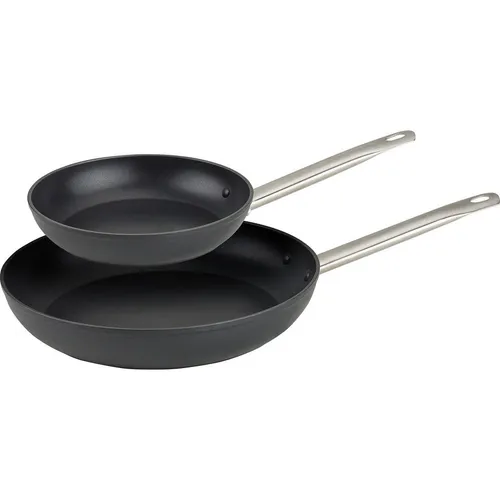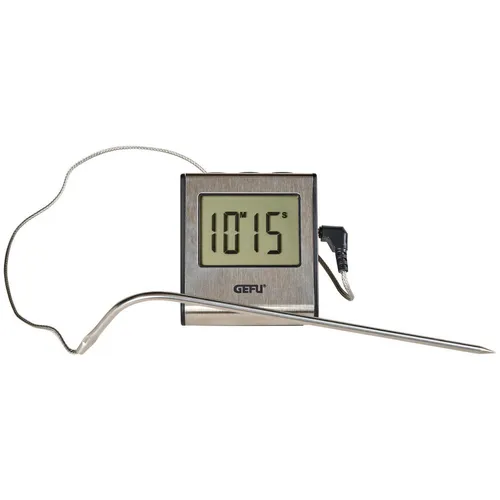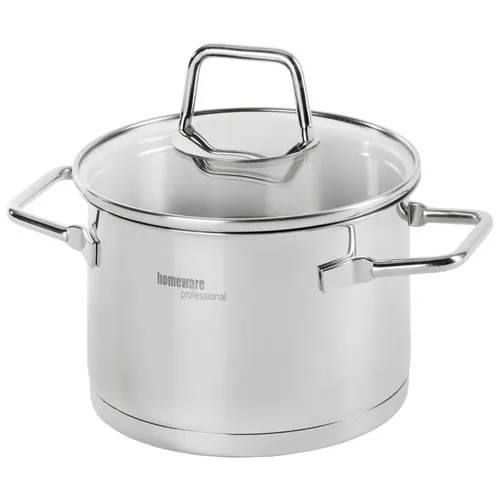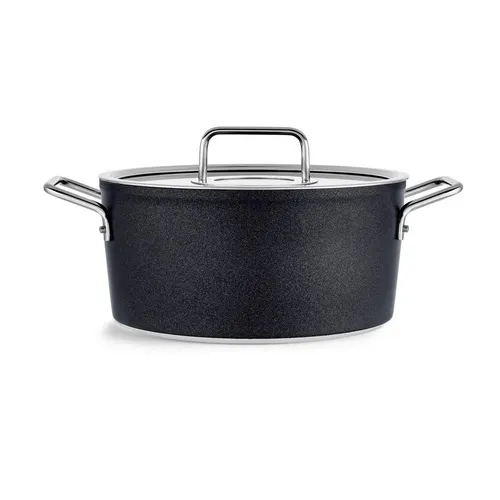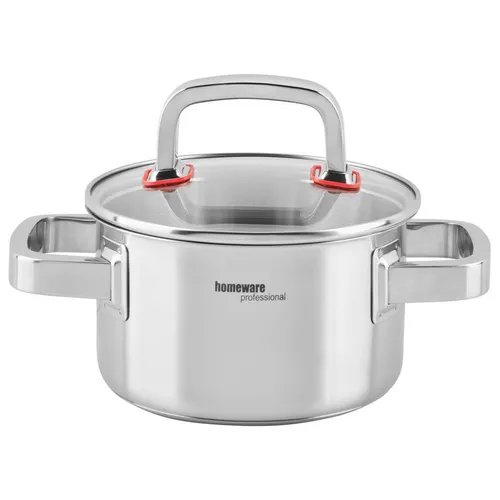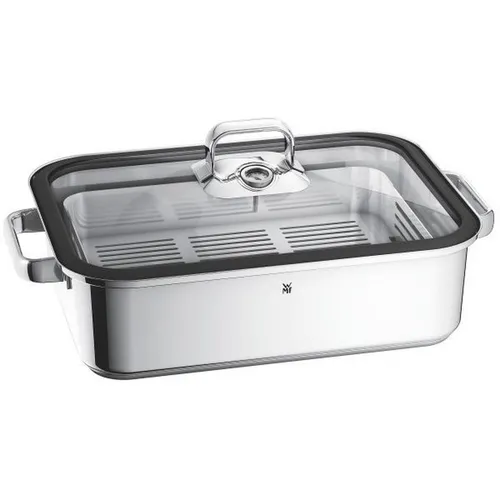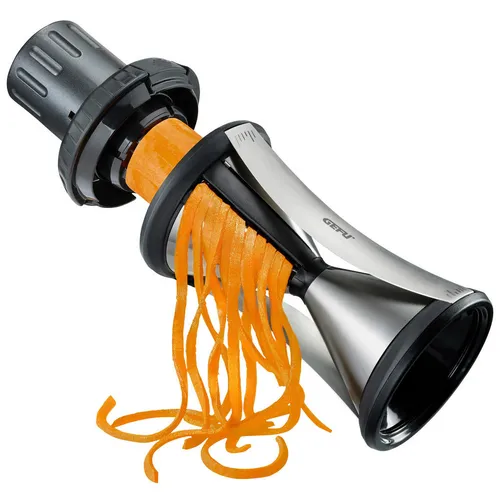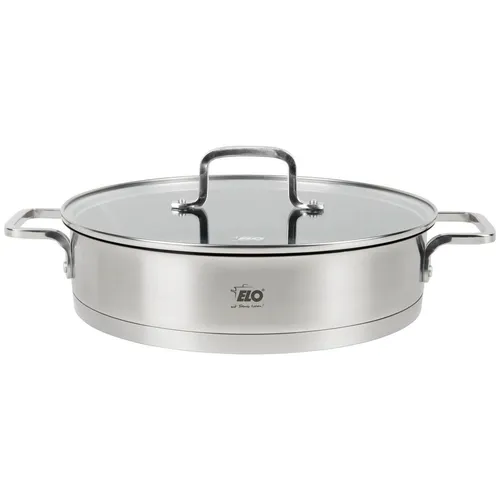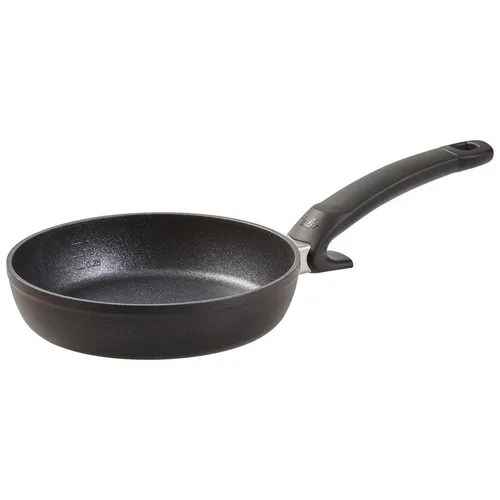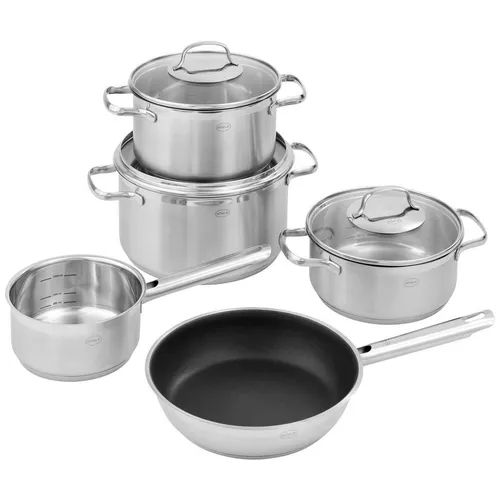Cookware & Bakeware
Cookware and bakeware are essential components of any kitchen, designed to facilitate the preparation of a wide variety of meals and baked goods. These products cater to everyone from novice cooks to seasoned chefs, providing the tools necessary to create delicious dishes and desserts. Whether you are simmering sauces, roasting vegetables, or baking cakes, the right cookware and bakeware can significantly enhance your culinary experience.
When selecting cookware and bakeware, several key factors should be considered to ensure you choose the best products for your needs. First, the material of the cookware plays a crucial role in its performance. Common materials include stainless steel, cast iron, non-stick, and ceramic. Stainless steel is known for its durability and resistance to rust, making it ideal for everyday cooking. Cast iron retains heat exceptionally well, perfect for slow-cooking and baking, while non-stick surfaces allow for easy food release and cleaning. Ceramic bakeware is often favored for its aesthetic appeal and even heat distribution, making it suitable for both cooking and serving.
Another important parameter to consider is the size and shape of the cookware or bakeware. Depending on your cooking habits, you may need various sizes to accommodate different recipes. For instance, a large roasting pan is essential for holiday meals, while smaller pots and pans are perfect for everyday cooking. Additionally, consider the compatibility of your cookware with your cooking appliances. Some materials are not suitable for induction cooktops, so it’s vital to check compatibility before making a purchase.
Each type of cookware and bakeware comes with its own set of advantages and disadvantages. Non-stick pans are easy to clean and require less oil, but they may not be suitable for high-heat cooking. Cast iron, while excellent for heat retention, can be heavy and requires special care to maintain its seasoning. Stainless steel is versatile and durable but may require more oil to prevent sticking. Understanding these characteristics will help you make informed decisions based on your cooking style and preferences.
To maximize the lifespan and performance of your cookware and bakeware, proper maintenance is essential. Always follow the manufacturer's care instructions, as different materials require different cleaning methods. For instance, avoid using metal utensils on non-stick surfaces to prevent scratches, and ensure cast iron is seasoned regularly to maintain its non-stick properties. When cleaning, opt for gentle detergents and avoid abrasive scrubbers that can damage the surface.
Practical tips for using cookware and bakeware effectively include preheating your pans before adding ingredients, which can help achieve better browning and flavor. Additionally, using the right utensils can prevent damage; silicone or wooden utensils are often recommended for non-stick cookware. When baking, ensure your oven is properly calibrated for accurate temperature readings, as this can significantly affect the outcome of your baked goods.
To get the most out of your cookware and bakeware, consider pairing them with complementary kitchen tools. For example, using a quality set of measuring cups and spoons can enhance your baking precision, while a reliable set of knives can improve your food preparation efficiency. Investing in a good set of oven mitts is also crucial for safety when handling hot bakeware.
In conclusion, selecting the right cookware and bakeware is vital for anyone looking to enhance their cooking and baking skills. By considering materials, sizes, and maintenance tips, you can choose products that not only meet your culinary needs but also stand the test of time. With the right tools in your kitchen, you can explore new recipes and techniques, making every meal a delightful experience.
zobrazit celý text


